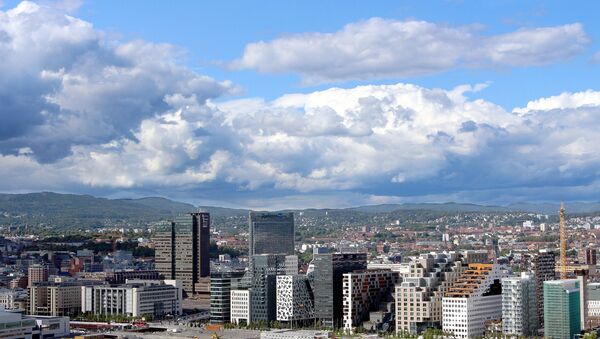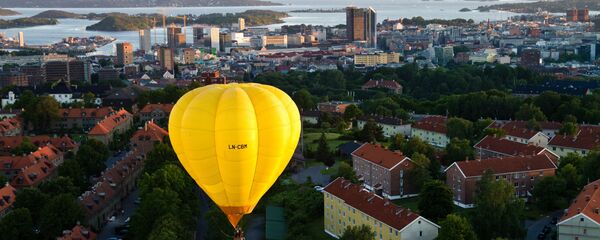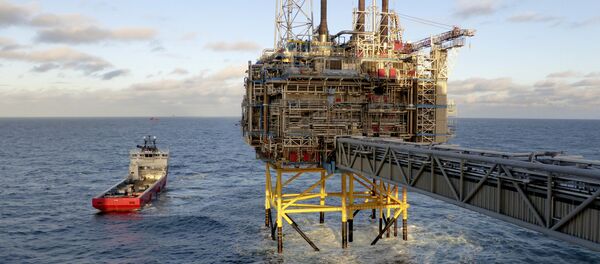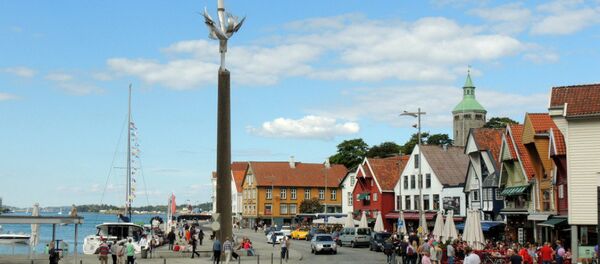"Norway's state of affairs would be unacceptable for Britain. The Norwegian people voted against membership in the EU. One would thus expect the politicians to keep their word. Nevertheless, the [Norwegian] parliament deceived its people and lured Norway into a bad deal with the EU. This is something I want to protect the British people from. As we leave the EU, we will get ourselves a good deal," UKIP leader Nigel Farage told the Norwegian newspaper Verdens Gang.
The EU is done for. The sooner it’s replaced with a different kind of Europe of trade and co-operation, the better.
— Nigel Farage (@Nigel_Farage) June 27, 2016
Earlier, commentator Wolfgang Münchau of The Financial Times lauded Norway as the best available solution to the Brexit situation, which he described as "messy." The Norwegian option would therefore leave the UK with full access to the single European Market, but without a say on EU matters.
Remarkably, Norway's own political establishment expressed doubt on Britain's prospects following Oslo's footsteps. None other than Prime Minister Erna Solberg said that she did not believe the British would select the European Economic Area Agreement, which grants Norway's special status, as it was "too extensive and too binding."
"You can at least fish your own fish and have plenty of money, so this deal is not so cruel to you. For Britain, it would be much worse, though. I will not have a Norway-type solution, but a British solution on our own terms," Farage told Verdens Gang.
At the same time, the Brexit ideologist repudiated the notion that the island nation would thus distance itself further from Europe.
"I still want us to engage in trade with the EU, as well as people to continue working in the UK and vice versa. But there must be a fair and good deal where we do not cede sovereignty to the EU, now that we have secured it again," he said.
This hardly seems to appeal to the UK, as the turmoil caused by unruly immigration was cited as the foremost arguments of the "leave" party. Between 1993 and 2014, that is before the start of the European migration crisis, the number of foreign-born residents of the UK more than doubled from 3.8 million to about 8.3 million.





